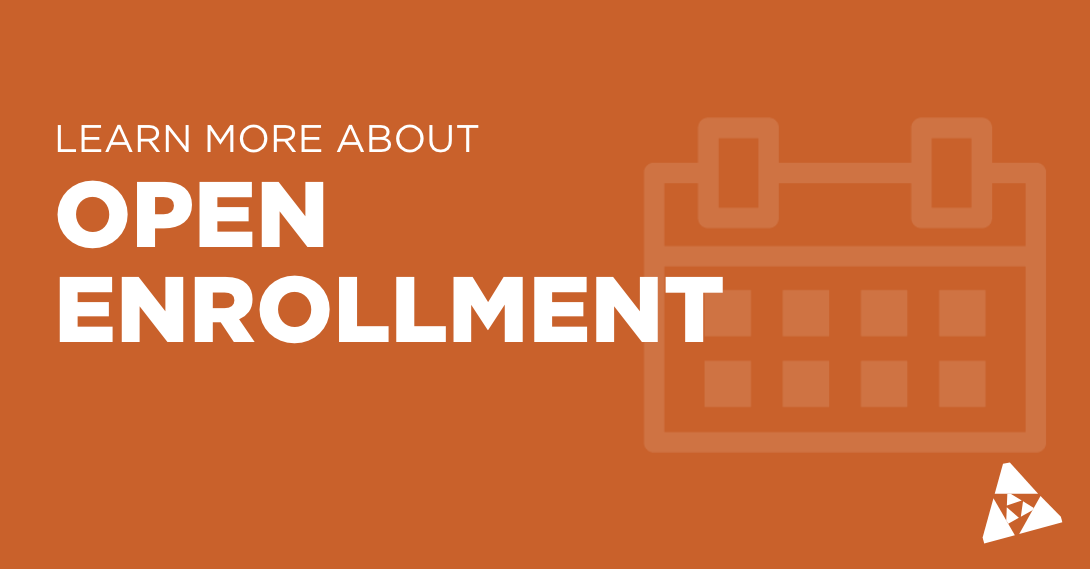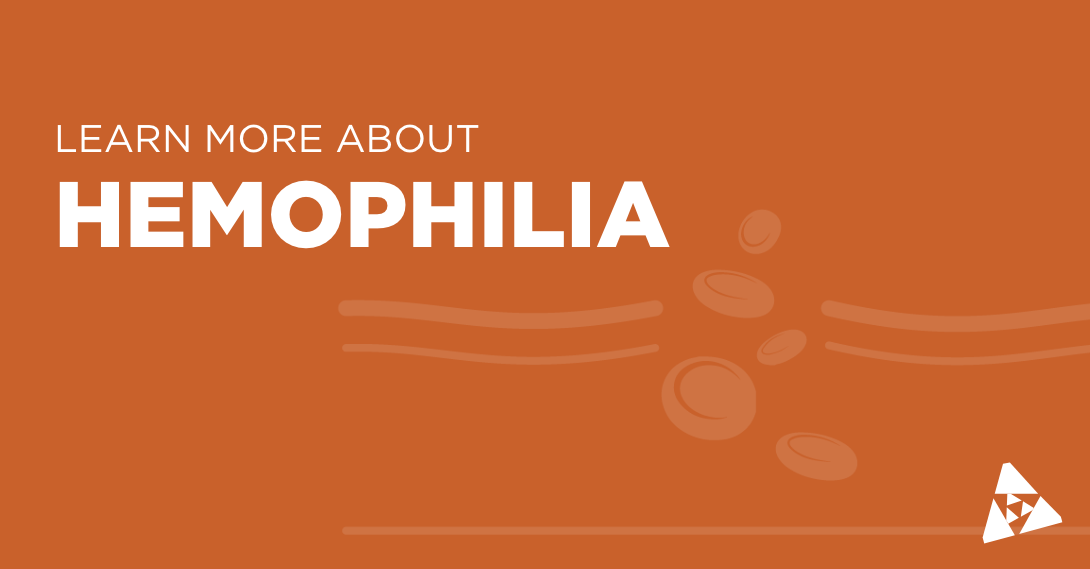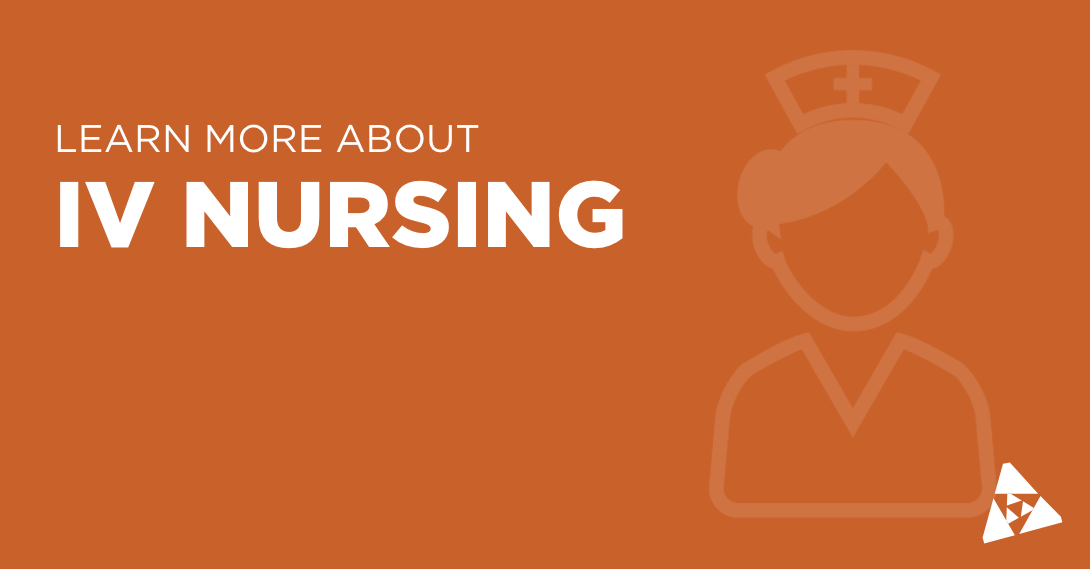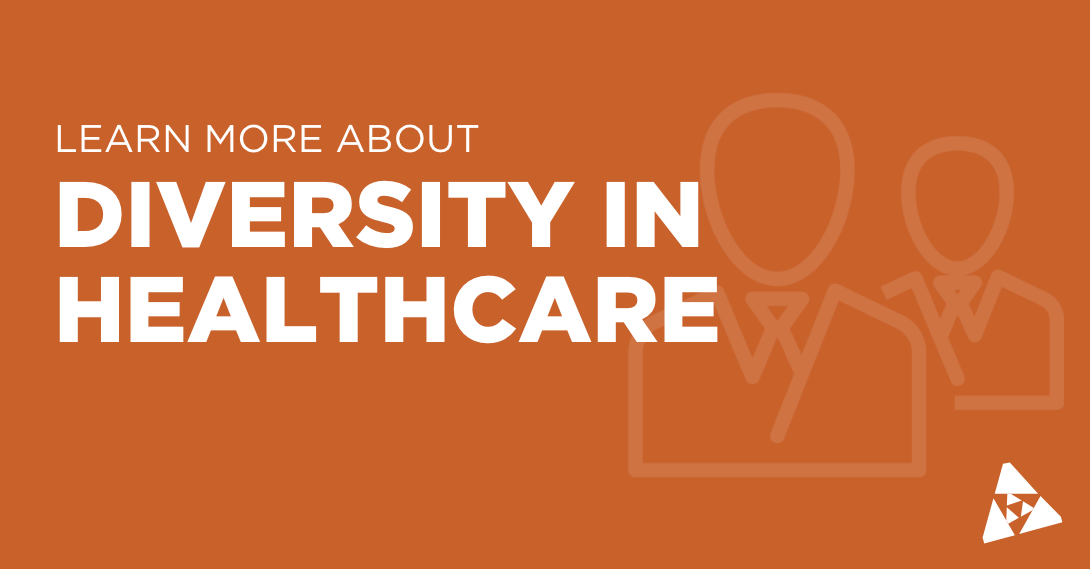Hemophilia is a disorder that affects your blood’s ability to clot. Read the full article to learn the challenges and solutions available to bleeding disorder patients and their families.

Even if you keep the same health insurance plan, your benefits may change in 2021. The good news is, during your health insurance open enrollment period, you can review your coverage and make changes or choose a new plan. For most public and private insurance plans, Open Enrollment will take place this November, and it’s never too early to start preparing. Understanding health insurance plans require patience and a little bit of time, so the earlier you start considering your options, the better off you’ll be. Open Enrollment windows vary from company to company. Check in with your HR Department to verify your specific window, and be sure not to miss the deadline.
Getting appropriate coverage is vital for everyone, especially those who require specialty medications. When comparing coverage options, make sure you understand what benefits are covered and what your out-of-pocket costs will be. To obtain this information, speak with your Human Resources Representative or Insurance Broker. Special enrollment periods are available for those who lose their other health coverage, get married, have a baby, or other Qualified Life Events. Other than these significant Qualifying Life Events, once you choose a plan, you will not be able to change it until the next Open Enrollment period.
In most states, health coverage can be applied for at https://www.healthcare.gov/. Select states also have their own insurance enrollment platform.
The Benefit Summary. Health insurers and group health plans are required to provide you with an easy-to-understand summary of the coverage they provide.
The Drug Formulary. Health insurers maintain a list of preferred prescription drugs covered through their health plan, often known as a formulary, Preferred Drug List, or PDL. The PDL classifies drugs by different cost tiers that define the member’s copay amounts and coinsurance levels.
The Provider Network Booklet. This contains a list of healthcare providers contracted with the health plan to provide services to their members at an agreed-upon rate. Depending on the plan, members who receive care from providers not included in the network may have little or no coverage for that provider and services received. Review the provider network for each plan you consider ensuring your doctors and other service providers are in-network. Most major carriers make this information easily searchable on their websites.
The Type of Plan. You may find that you can choose between multiple plan types and designs such as HDHP, HMO, PPO, POS, or EPO.
At Paragon Healthcare, we accept most insurances and can help you navigate the healthcare process. How many times have you wished healthcare wasn’t so complicated? At Paragon, our only focus is to make your life a little bit easier. We specialize in injectable and infusible drugs used to treat a wide range of health conditions.
Contact us at [email protected] to connect directly with someone on our team about using Paragon as your infusion services provider. To learn more about the services that Paragon Healthcare offers, visit https://paragonhealthcare.com/.
For more information about Open Enrollment or to see what options are available to you, visit https://www.healthcare.gov/get-answers/.
 What is hemophilia?
What is hemophilia?
Hemophilia is a disorder that affects your blood’s ability to clot. Read the full article to learn the challenges and solutions available to bleeding disorder patients and their families.
 IV Nursing: Combining Compassion and Healthcare
IV Nursing: Combining Compassion and Healthcare
At the very heart of what we do at Paragon are our incredible team of infusion nurses. We are honored to celebrate them this year for National IV Nurses Day.
 Diversity in Healthcare
Diversity in Healthcare
Read our new blog to learn more about the importance of diversity in healthcare.